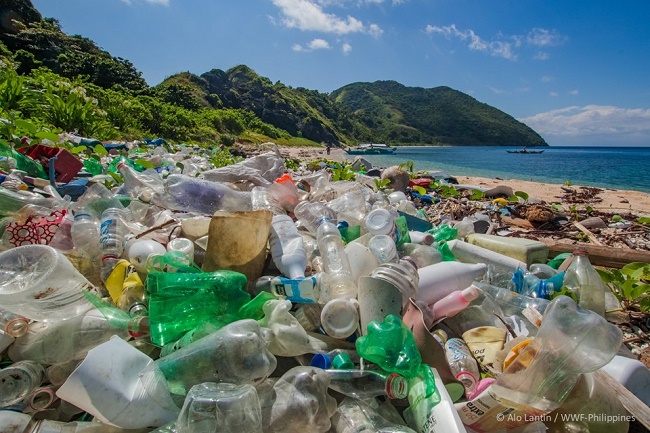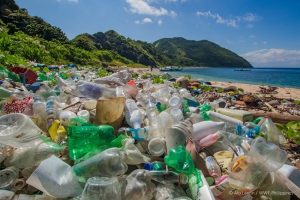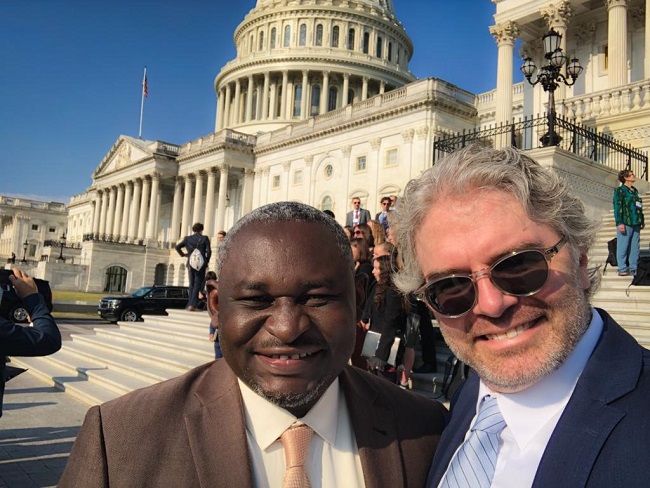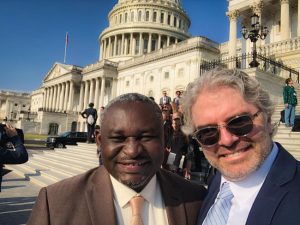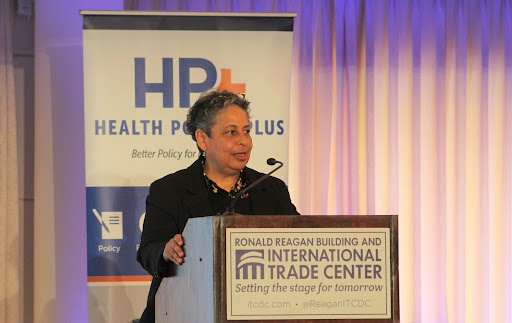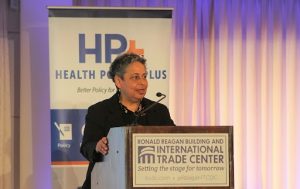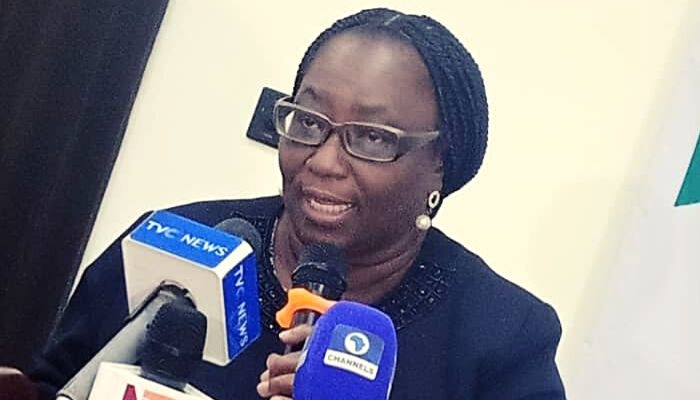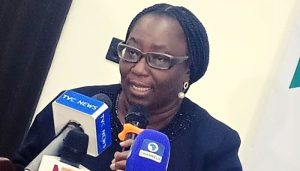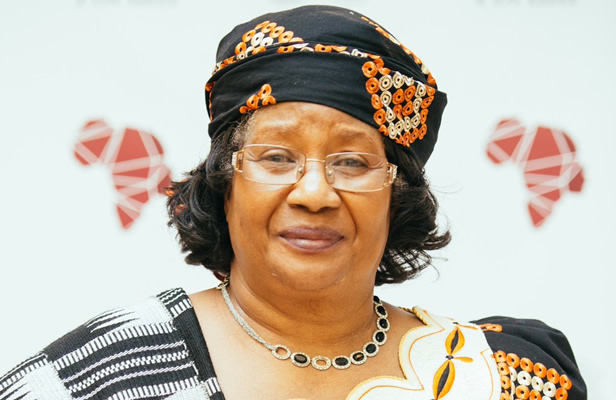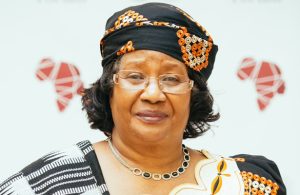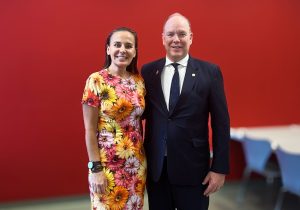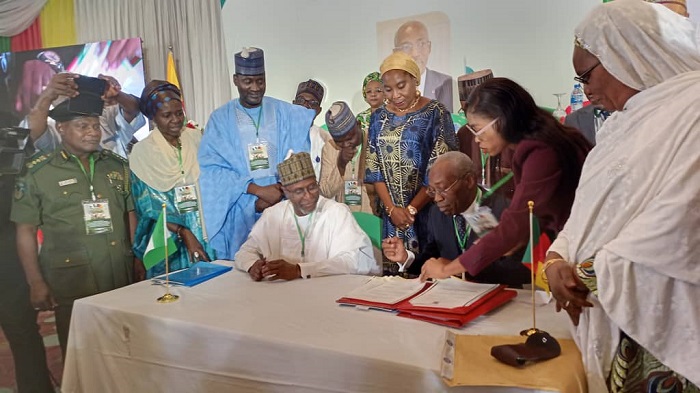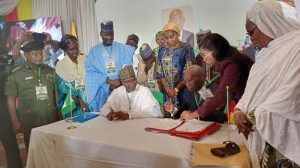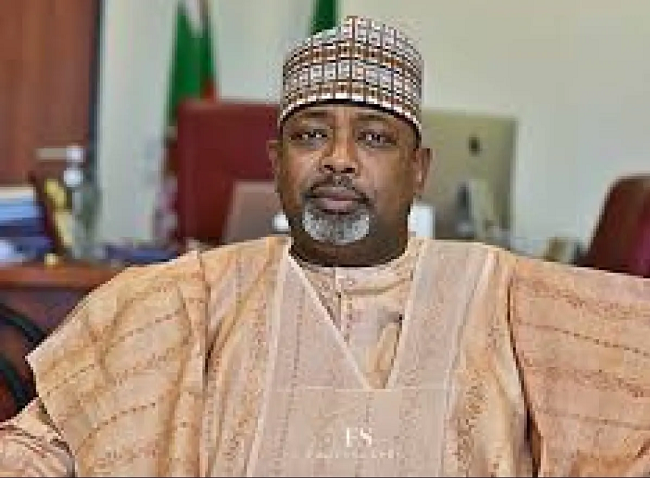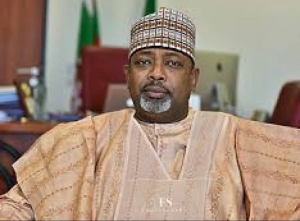Some residents of Ibadan have denied any knowledge of the ban recently placed on the sale and use of Styrofoam by the Oyo State Government.

The state government had, on March 11, 2024, announced a ban on use of Styrofoam for food packaging, storage and other uses in the state.
Commissioner for Health, Oluwaserimi Ajetunmobi, had said at the Food Safety Stakeholders Forum and inauguration of the task force to oversee enforcement that the decision was part of government’s efforts to uphold food safety standards in the state.
The ban was sequel to a call by the House of Assembly on government to ban the use of the product for food purposes in the state.
However, traders in most markets within Ibadan metropolis openly displayed the product for sale, oblivious of the ban already placed on it by the state government.
At some of the markets visited such as Apata, Aleshinloye and Sango, the sellers and buyers claimed that they were not aware that the product had been banned.
They said that since there was no awareness or sensitisation on the ban of Styrofoam, it then meant that government was not serious about it.
A market woman, Mrs Mary Anjola, however, said that enforcing the ban of the product in the state might put most of its marketers out of business.
“In our market here, we have some people engaging in bulk sales of different products like plastics and the Styrofoam we are talking about.
“If government wants to ban its sales, they should give us more time to sell the ones we already have so that we don’t run into debt,” Anjola said.
A bean cake seller around Mokola area of Ibadan, Mrs Rasida Jimoh, said she would continue to use Styrofoam to sell to her customers.
Jimoh, who claimed that she was not aware of the ban, queried: “If they want to ban it, what are we going to be using to sell our goods? How many of our customers can afford to pay for take-away plastics?
“With this development, it’s like government wants to give us another problem, as if what we are already battling with is not enough,” she said.
A bag of 100 pieces of Styrofoam food pack, often used once or for a short period of time before being disposed, costs between N2,000 and N2,500.
The ban on Styrofoam, which aligned with global efforts to reduce reliance on single-use plastics known for their environmental impact, had earlier been placed by the Lagos government.
Styrofoam is a type of polystyrene that is not easily biodegradable and can break down into microplastics, which pollute waterways and harm wildlife.
Meanwhile, the House of Assembly has said that its primary duty is to make law and not to enforce.
The House Committee Chairman on Media and Public Affairs, Mr Waheed Akintayo, stated this while reacting to the issue of enforcement of the ban on Styrofoam in the state.
Akintayo said that he was aware that the ministry of health had swung into action and made pronouncements that people should stop using the product for packing edible items.
“Since you have observed that there’s no compliance or enforcement of the law, we will have to call on the ministry of health and other security agencies to ensure absolute compliance.
“It is now a law, and it must be obeyed; it is a law from the legislative arm of government while the executive arm is expected to ensure its enforcement.
“This is because what we are saying has to do with the health of our people and we must ensure that it is obeyed.
“I don’t expect anyone to still be using Styrofoam for packing food either at parties, restaurants or by hawkers and food vendors,” he said.
“Henceforth, we may have to employ the use of force to stop the practice. Surely, it won’t be nice using security agencies to start arresting people still using it, but we may have no choice,” he said.
According to Akintayo, the ban is to safeguard people’s health, as it is not good for human body, adding: “That’s why it had also been banned in some other states across the country.”
In his reaction, Special Adviser to the Governor on Media, Mr Sulaimon Olanrewaju, said the state government had commenced public sensitisation on the need for residents to abstain from selling and using the product.
Olanrewaju said that the sensitisation was as a result of the resolution passed by the house of assembly that the state government should stop its usage owing to the health hazard associated with it.
According to him, public sensitisation is the first step to be taken before the commencement of full enforcement.




